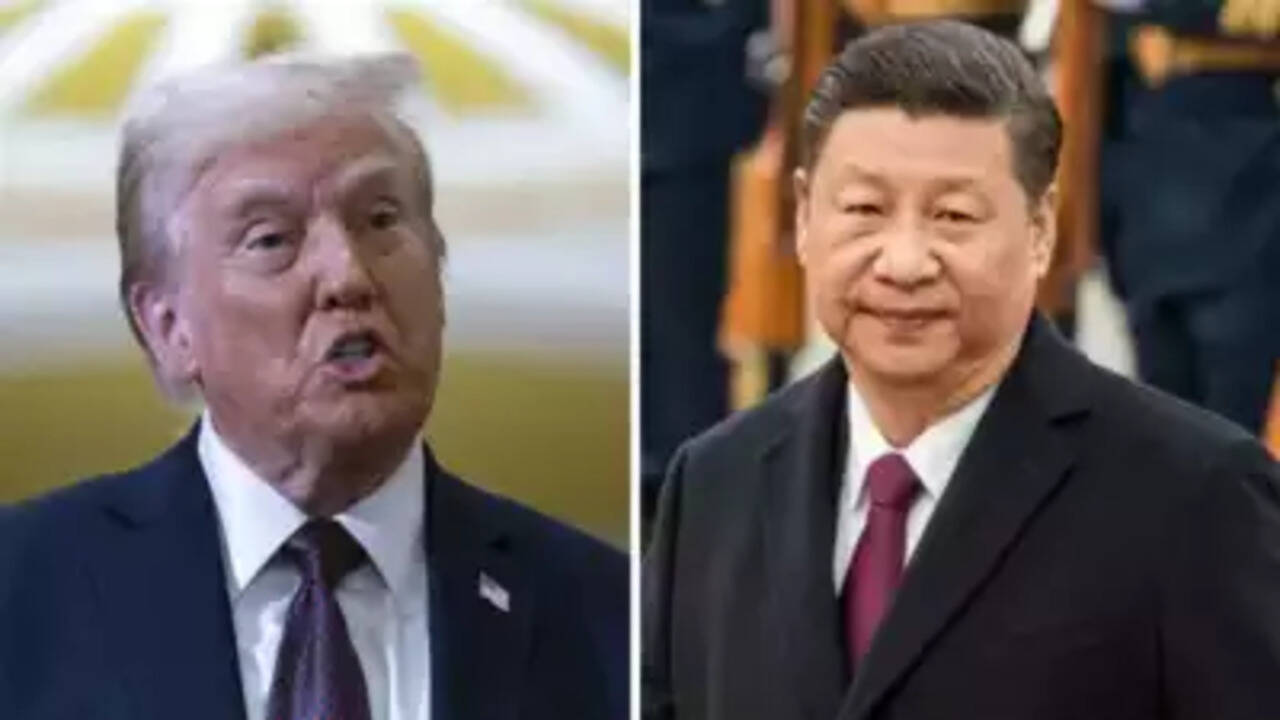France's Bold Move: Recognizing Palestine
France's potential recognition of Palestine in June is stirring diplomatic waters. Discover the geopolitical impacts, opposing views, and the intricate dynamics of Middle East peace efforts.
Published April 11, 2025 - 00:04am

Image recovered from arabnews.com
In a move that could potentially reshape the geopolitical landscape of the Middle East, French President Emmanuel Macron has announced plans to recognize the state of Palestine. This recognition could occur during a United Nations conference co-chaired with Saudi Arabia, scheduled to take place in New York in June. France's decision aligns with its longstanding advocacy for a two-state solution to the Israel-Palestinian conflict, a vision that has been at the heart of international diplomatic efforts to foster peace in the region.
President Macron's announcement comes after a series of discussions held in Egypt with President Abdel Fattah El-Sisi and Jordan's King Abdullah II. The French leader's move to publicly affirm the recognition signifies a substantial shift in France's foreign policy, considering France's historical balance of relations between Israel and Palestine. This decision also highlights France's role as a permanent member of the UN Security Council, emphasizing its capacity to influence global diplomatic processes.
Israeli Foreign Minister Gideon Saar, however, has expressed strong opposition to this potential recognition. He argues that acknowledging a Palestinian state prematurely could serve as a 'prize for terror' and a boost for Hamas, potentially destabilizing the region further. Saar's concerns echo Israel's broader stance that any unilateral recognition by foreign nations is premature and could complicate future peace agreements. His comments reflect a significant challenge facing Macron's administration as it navigates the complex dynamics of Middle Eastern diplomacy.
The decision sparks a broader international debate, with reactions varying significantly across the geopolitical spectrum. Mahmoud Mardawi, a senior official from Hamas, has welcomed the announcement, describing it as an 'important step' toward advancing Palestinian rights and aspirations. The recognition of Palestine by France, supported by nearly 150 countries, adds to the pressure on Israel to acknowledge and address Palestinian statehood claims.
Furthermore, Macron's initiative has received backing from various international actors, emphasizing France's unique position in the global order and its ability to sway diplomatic solutions. The French President's efforts may press other nations to consider similar actions, potentially nudging the diplomatic needle toward a more concerted international consensus.
The proposed conference in June will not only address the recognition of Palestine but also aims to foster mutual recognition between Israel and Palestinian advocates, alongside addressing broader issues like ending the occupation and ensuring regional security. By partnering with Saudi Arabia, France aims to leverage its efforts for a more comprehensive peaceful resolution, a challenging yet necessary task given the historical complexities of the region.
However, this move also invites broader questions regarding the effectiveness of unilateral recognitions in contributing to lasting peace. The two-state solution remains a contentious topic, with Israeli Prime Minister Benjamin Netanyahu and his administration rejecting such proposals. Netanyahu argues that recognition and subsequent statehood should only result from direct negotiations between the involved parties, without external imposition.
Additionally, Macron's firm stance against the displacement or annexation of Gaza and the West Bank underscores France's commitment to uphold international law and human rights. The French president has articulated that these actions could violate international law and threaten regional security, including that of Israel.
As this diplomatic endeavor unfolds, it serves as a testament to the enduring complexities of Middle Eastern politics, the challenges of statecraft, and the arduous journey toward achieving peace in a historically tumultuous region. Through its potential recognition of Palestine, France seeks not only to influence the current dialogue but also to reinvigorate global commitments to a just and sustainable solution for all parties involved.
The implications of France's recognition are yet to resound across diplomatic channels, indicating both an opportunity for renewed dialogue and a test of international relations in an era of geopolitical shifts and regional tensions.







